|
Do you remember that movie,"The King's Speech?"
...got totally busted by the royal higher-ups,
...even though he, using his own methods, cured the King after all the top doctors in the kingdom had failed? Which, frankly, I found to be an utterly ridiculous and and unbelievable plot invention, since: 1) Why would anybody care whether or not Geoffrey Rush had an MD when he solved the royal problem without one? 2) The doctor who recommended Geoffrey Rush to the King and Queen told them he wasn't a doctor so why was it such a big surprise? 3) Wouldn't anybody working on the King of England have been thoroughly vetted in advance? 4) I hate it when supposedly historical movies make up some fake melodrama and throw it into the story just for the sake of, well, fake melodrama. Alas, almost all historical movies do this. Which is why historical movies usually leave me feeling slightly annoyed, as did "The King's Speech." But all that being said, the Geoffrey Rush character, the speech therapist with the cred but not the diploma, was actually an epiphany for me: Change the vocation from speech therapist to piano teacher and that character was me. I, like the King's maligned speech therapist, have no formal piano teacher's training, called pedagogy ( I was a French major), nor am I even all that much of a pianist, having taken only a couple of years' worth of lessons when I was young, during which time I was an exasperating student who never practiced. I mostly figured out how to play on my own when I finally felt like learning, and I didn't really learn how to play the piano properly until my own children started taking string and piano lessons and I'd sit in and watch everything their teachers did then sit with them while they practiced to make sure they were accomplishing what their teachers required of them.
I made up funny words to the melodies to help them learn rhythms.
...and how to help them overcome the challenges. I learned what works and what doesn't from watching their teachers. I learned to tell the difference between a good teacher and a not-so-good teacher by the first lesson. I watched, worked with, and learned from my children and their instrument teachers over the course of the twenty years from when my oldest child started music lessons at age five to when my youngest stopped at age seventeen. In my early forties I finally began studying piano with the concert pianist who was teaching my daughter. It was he who, watching how I oversaw my children's music practices, suggested that I take piano students of my own and offered to mentor me in my teaching, which he does to this day. When I first started teaching I felt obligated to explain all of the above to the parents of prospective students for the sake of transparency about my lack of formal training, virtuosic piano technique and music theory; until I realized that the parents, unlike the King's cadre in the movie, didn't care. They just wanted their kids to learn to play the piano. Or, as parent so memorably put it to me: "Pedagogy, scmedagogy, can you teach her to play the piano?" Turned out that I could. Turned out that I could teach almost anybody. Kids with great natural ability. Kids with not-so-great natural ability. Kids with ADHD. Kids with small motor disabilities. In the twenty years I've been teaching I've taught three-year-old beginners, a seventy-year-old beginner, and every age of beginner in between. I've taken transfer students who were working leagues below their ability with their previous teachers and brought them up to their abillity level. I once had an elementary school teacher who came to watch one of her students who was also my student perform at my students' recital ask me, "How in the world did you ever teach that child to play like that?" And yet, in truth, I've never felt altogether comfortable calling myself a piano teacher, especially in the presence of other piano teachers. Like the King's therapist, I don't have the bonafides that "real" piano teachers have. And I certainly don't call myself a pianist. I've never really been able to play all that well. My hands and brain don't work spectacularly well together. And yet I understand how people learn to play an instrument and I know how to teach others to play well, how to count out a rhythm, how to shape a phrase, how to make a beautiful sound. And over the years I've figured out lots of possibly not pedagogically correct tricks for conquering the keys. So what, exactly, I've always wondered, does that make me? A couple of days ago the answer came to me in another epiphany in the form of a Facebook post from the organizer of the authors' event I MC'd last week (see yesterday's post). Among the pictures the organizer posted of the event was a picture of me below the words, "Author, Emcee and piano guru Patti Liszkay." Piano guru, Patti Liszkay. The moment I read the words it hit me: That's what I am. Not a pianist. Not a piano teacher. I'm a piano guru. A sort of guide to put students in touch with and show them how to express their inner pianist. Sometimes in order to discover what you are you just need to discover the words.
0 Comments
Leave a Reply. |
"Tropical Depression"
by Patti Liszkay Buy it on Amazon: https://www.amazon.com/dp/B0BTPN7NYY "Equal And Opposite Reactions"
by Patti Liszkay Buy it on Amazon: http://amzn.to/2xvcgRa or from The Book Loft of German Village, Columbus, Ohio Or check it out at the Columbus Metropolitan Library
Archives
July 2024
I am a traveler just visiting this planet and reporting various and sundry observations,
hopefully of interest to my fellow travelers. Categories |

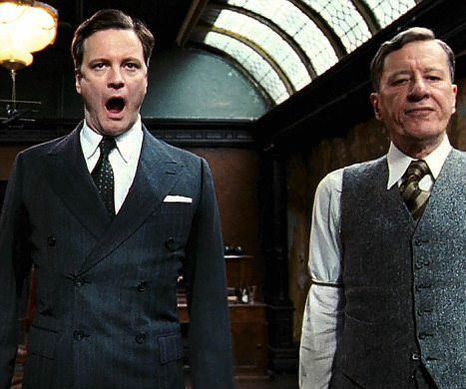
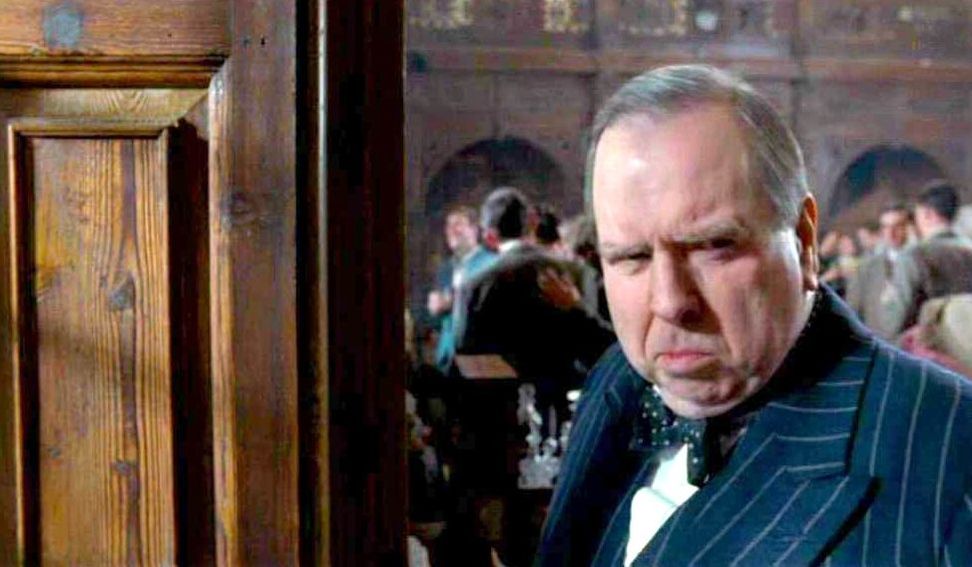
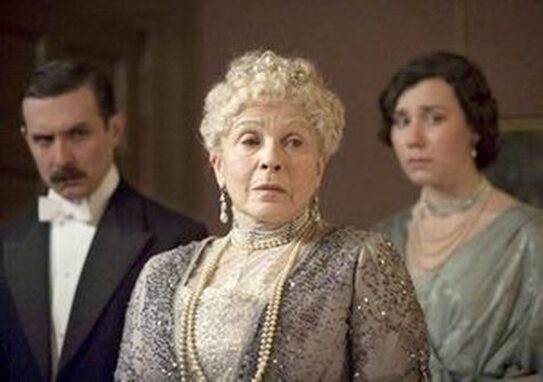
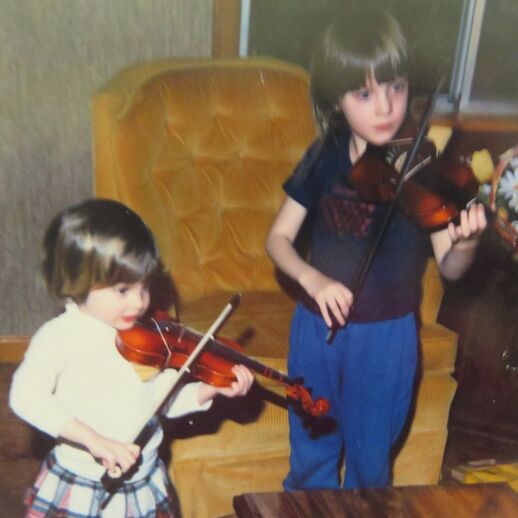
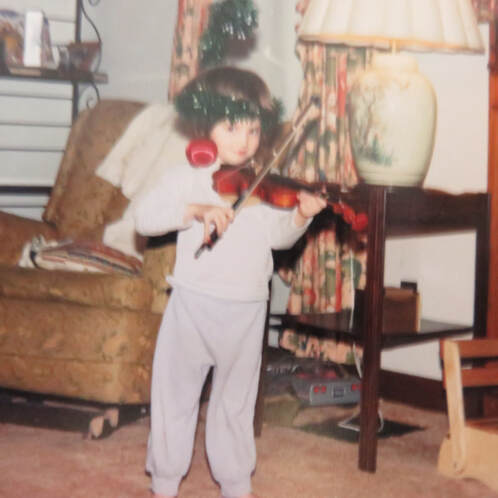
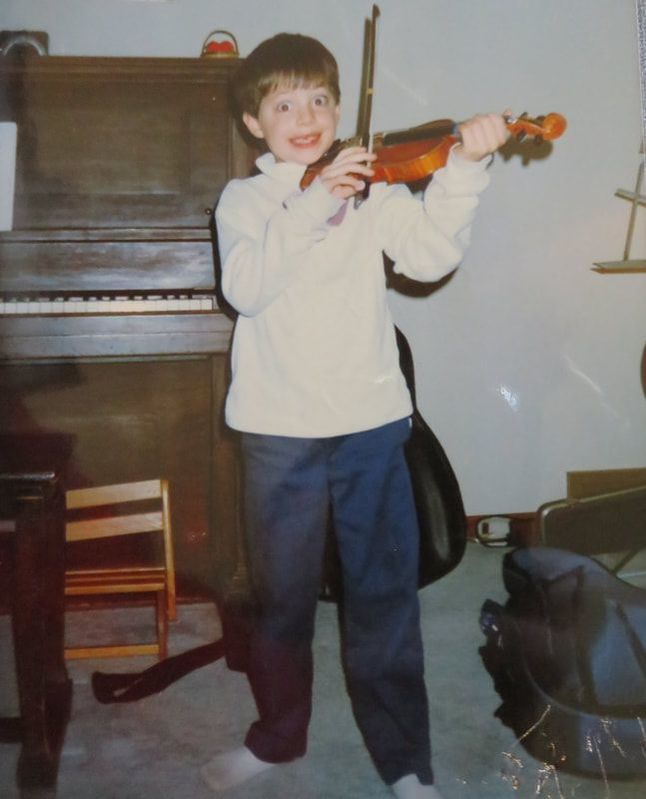
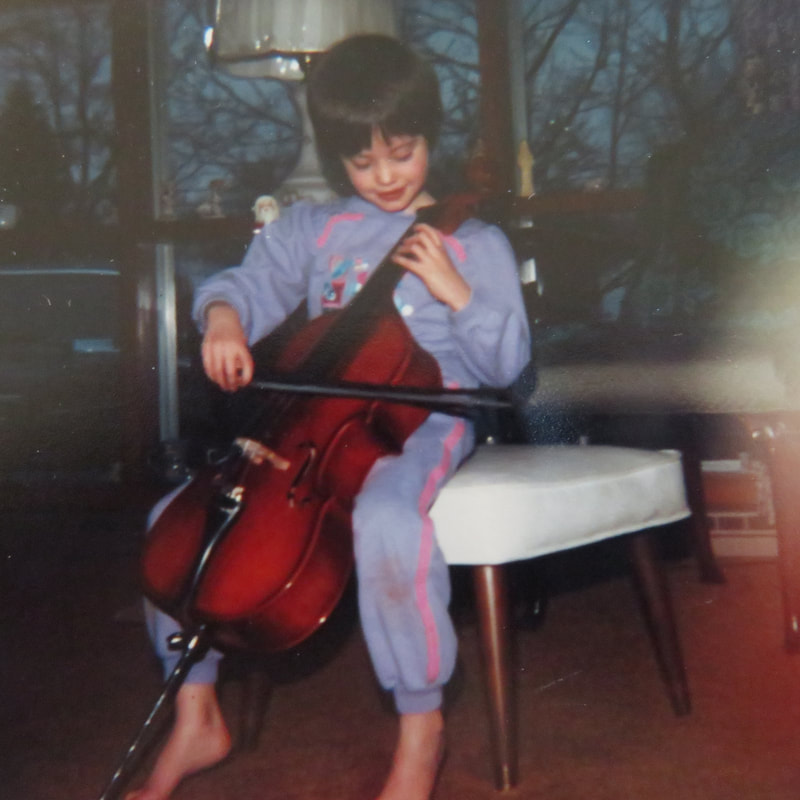
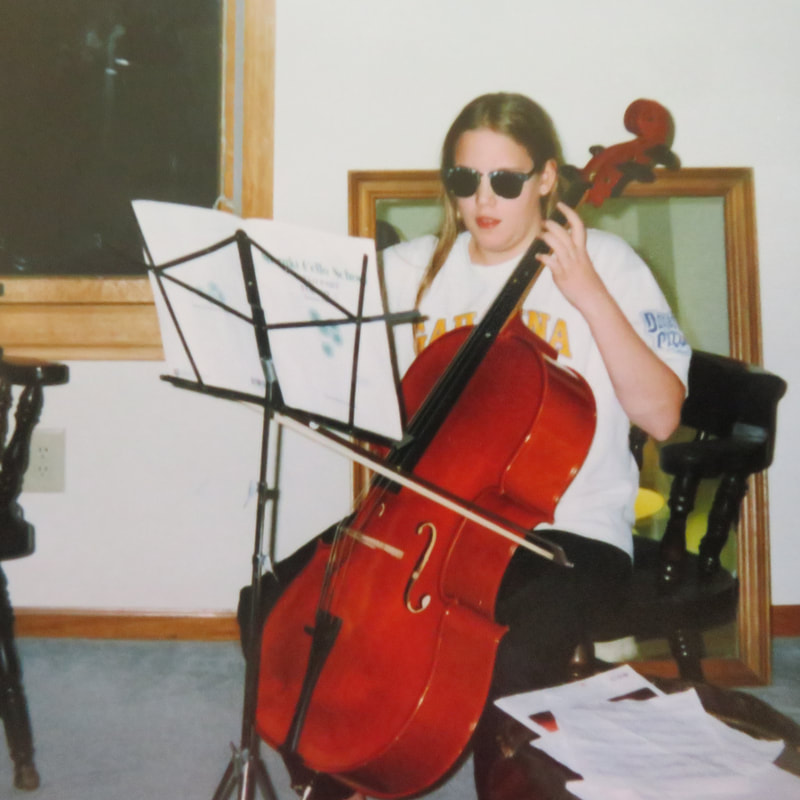
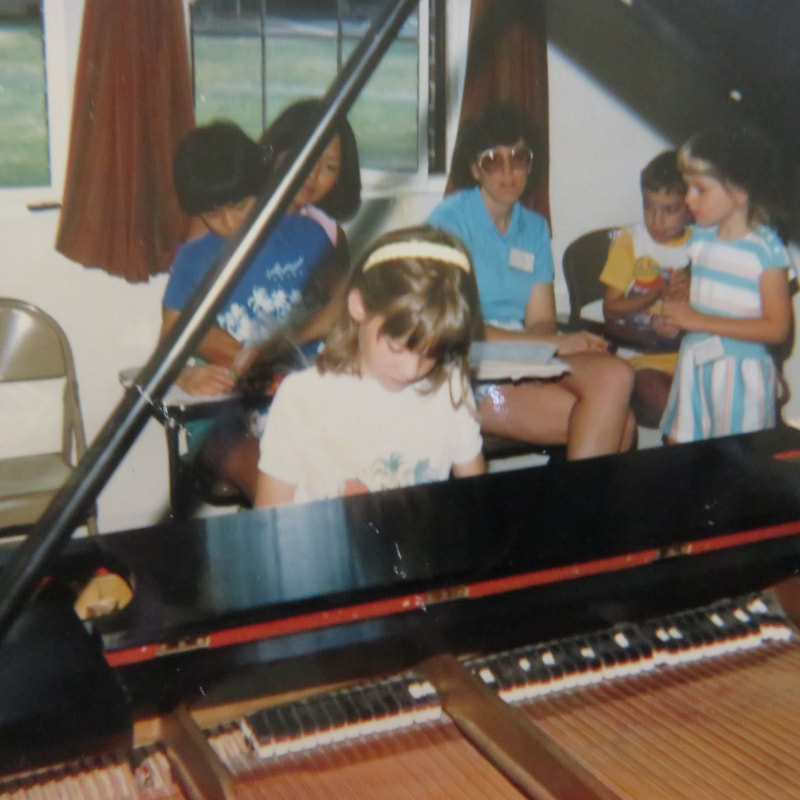
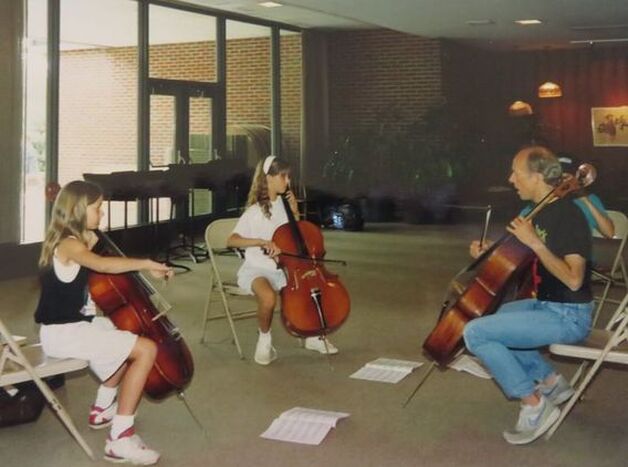
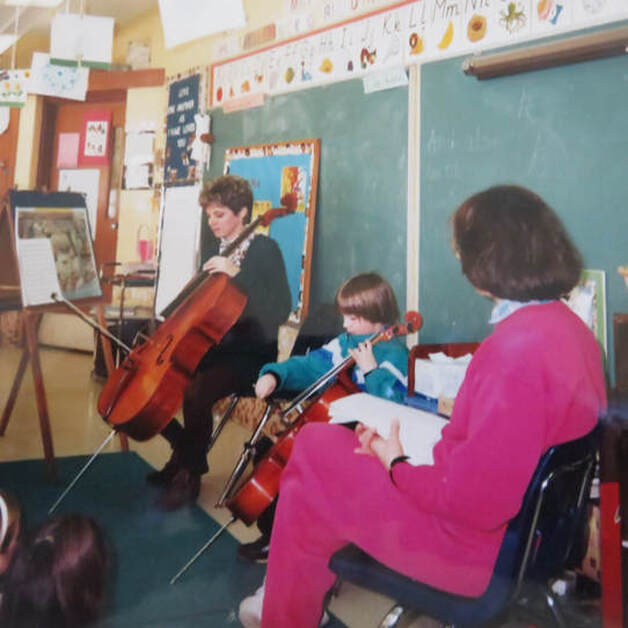
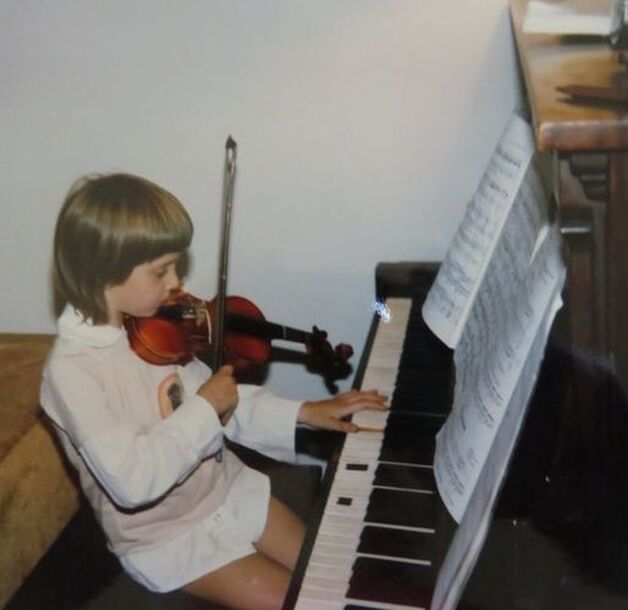
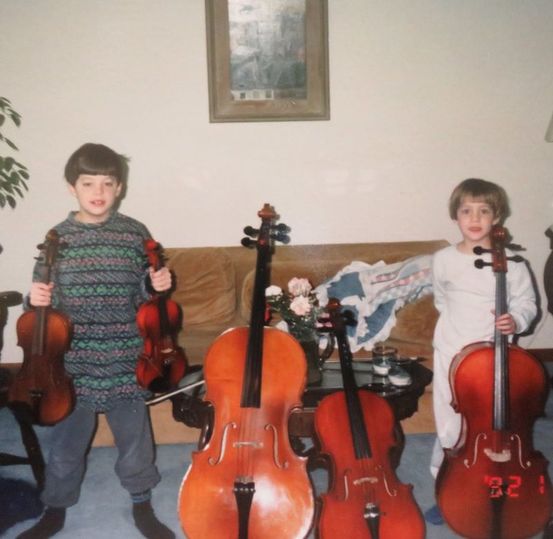
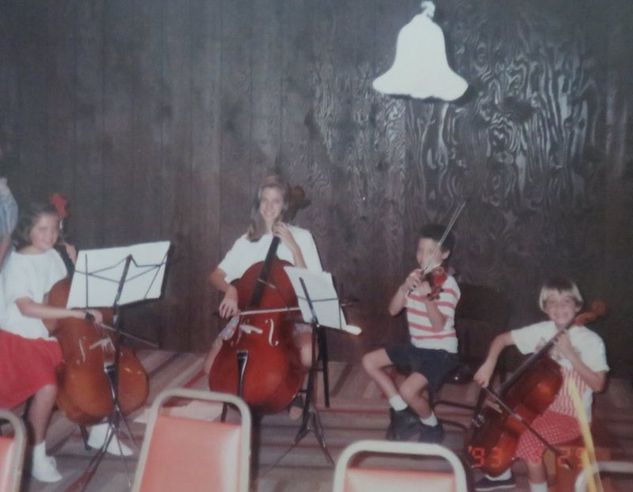
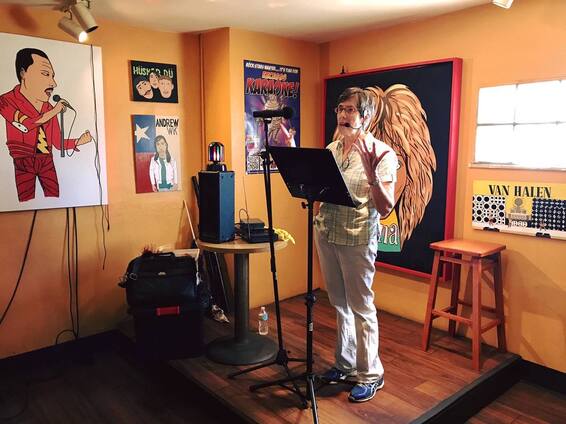
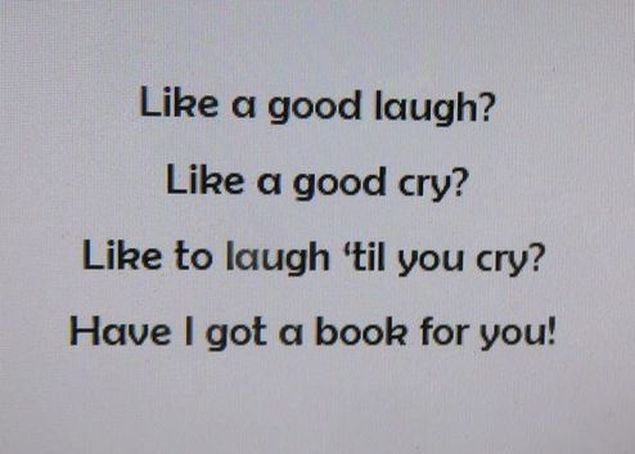
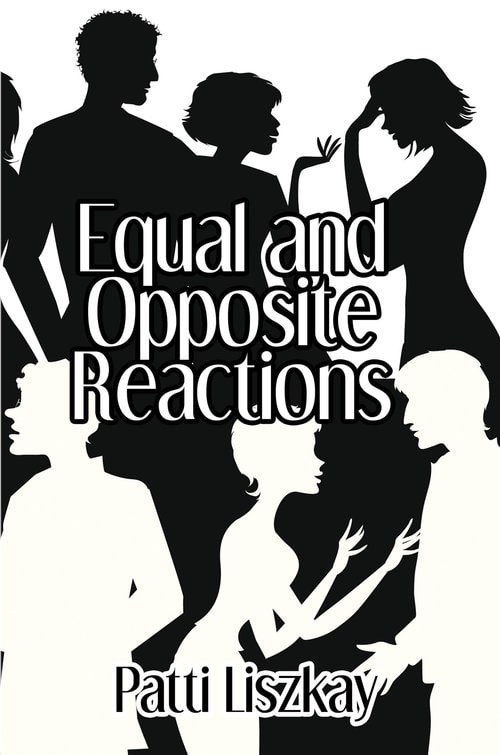
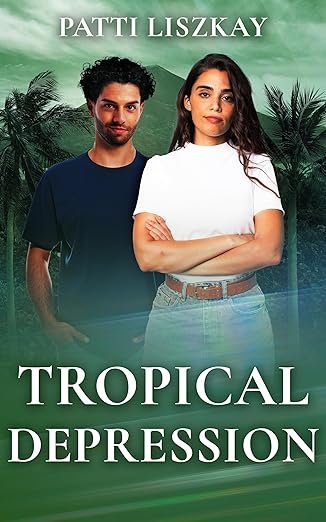
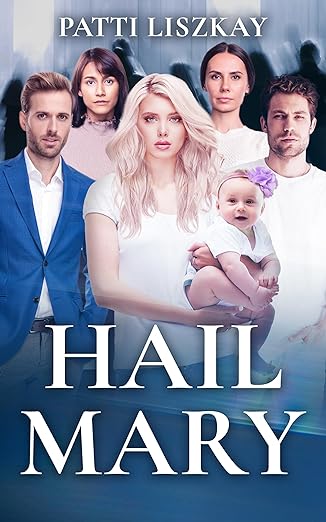
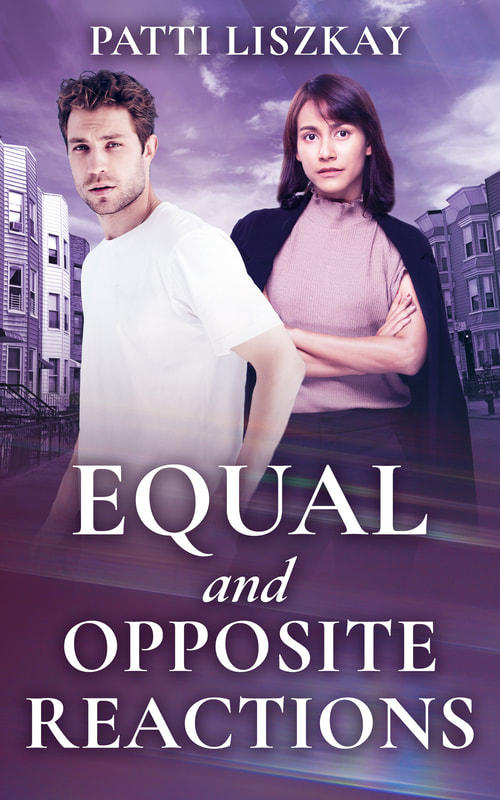
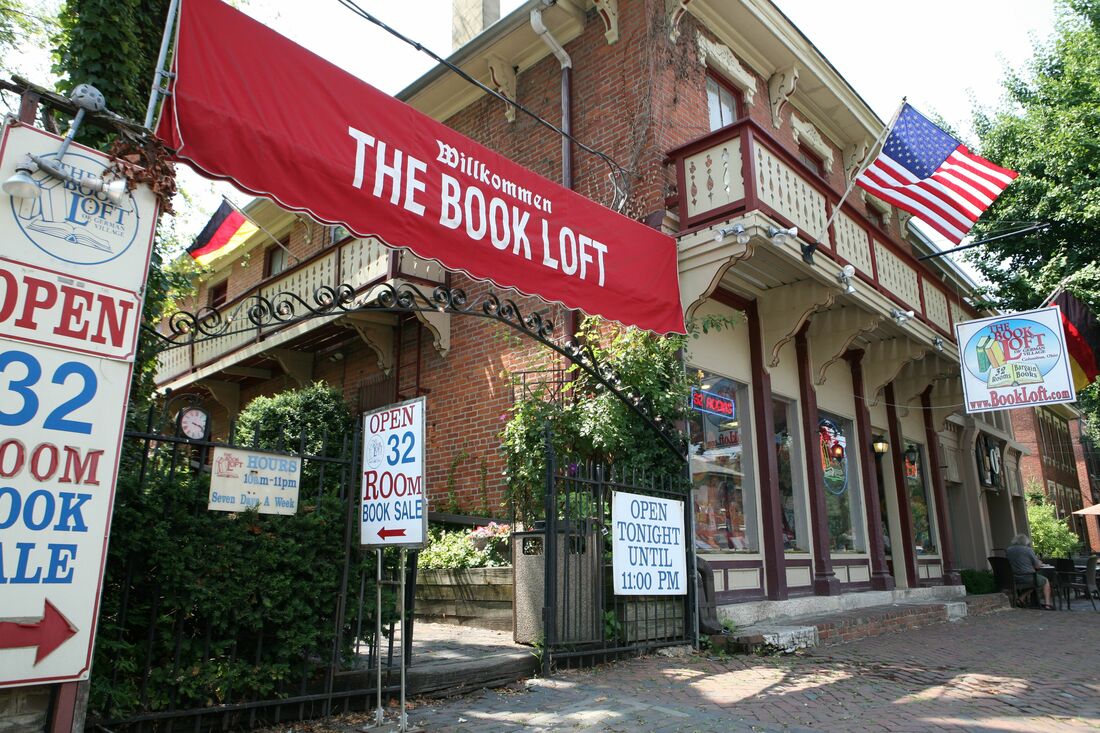
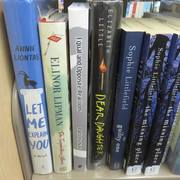
 RSS Feed
RSS Feed